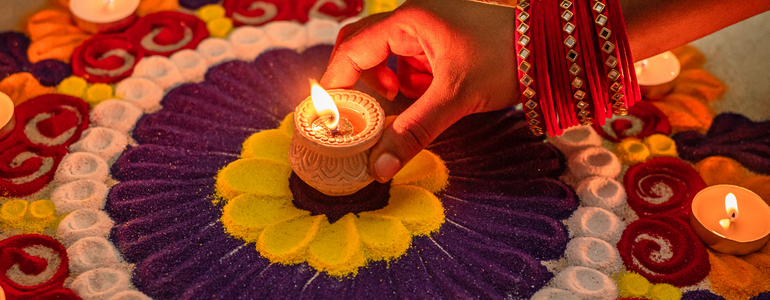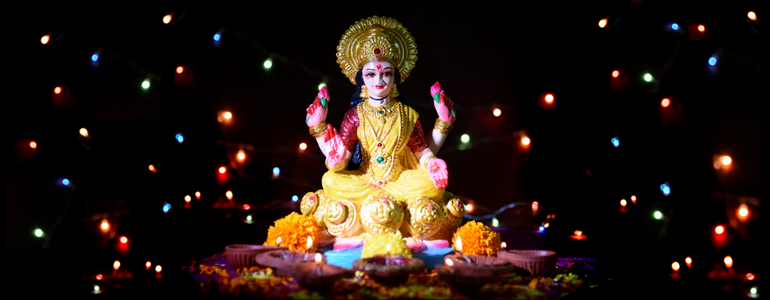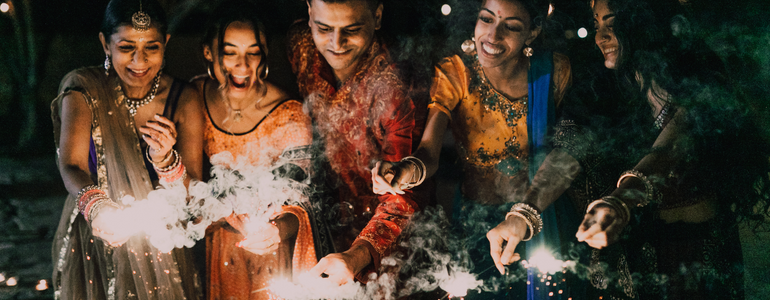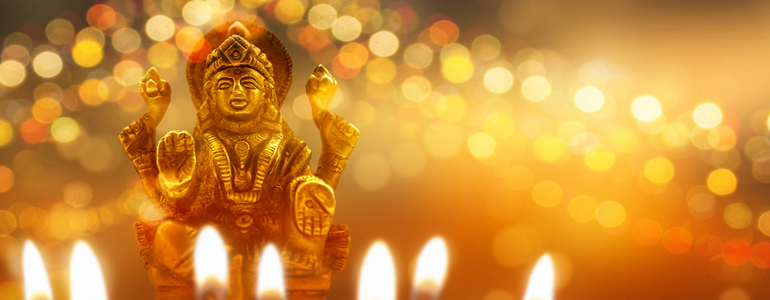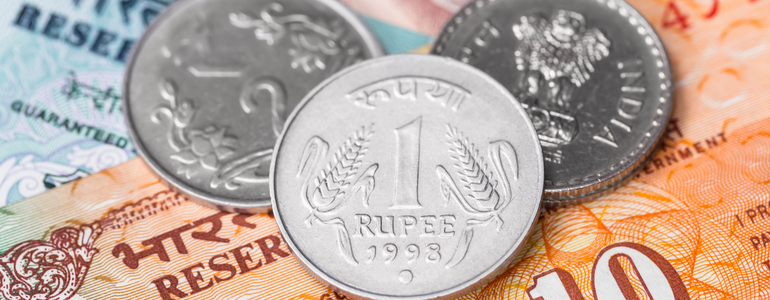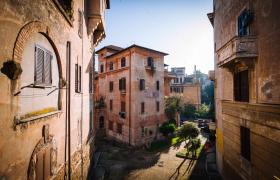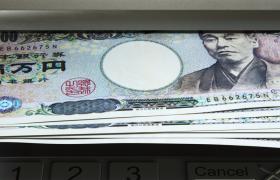Deities Honoured
Pictured: the Hindu Goddess Lakshmi.
There are many different deities honoured on throughout the festival of Diwali.
Lakshmi (the goddess of wealth, beauty, splendour and good fortune) is honoured by many, with the lights and lamps said to guide her into the home and bring prosperity for the year to come.
Lord Krishna is also widely worshipped, symbolising the victory of Good over Evil (with Lord Krishna defeating the evil King Narakaasura).
In Nepal, Diwali is known as Tihar and Deepawali, and celebrates Laxmi (goddess of wealth and prosperity), as well as Lord Krishna. On the second day of the festival of Tihar, the Nepalese people also honour dogs, bestowing them with tikala and garlands of flowers to please Yama the god of death (as they are believed to be his messengers).
In northern India, many celebrate the triumph of Good (the gods Rama and Sita) over Evil (wicked king Ravana).
For the Bengal people, the goddess Kali is often worshipped as the destroyer of evil forces.

